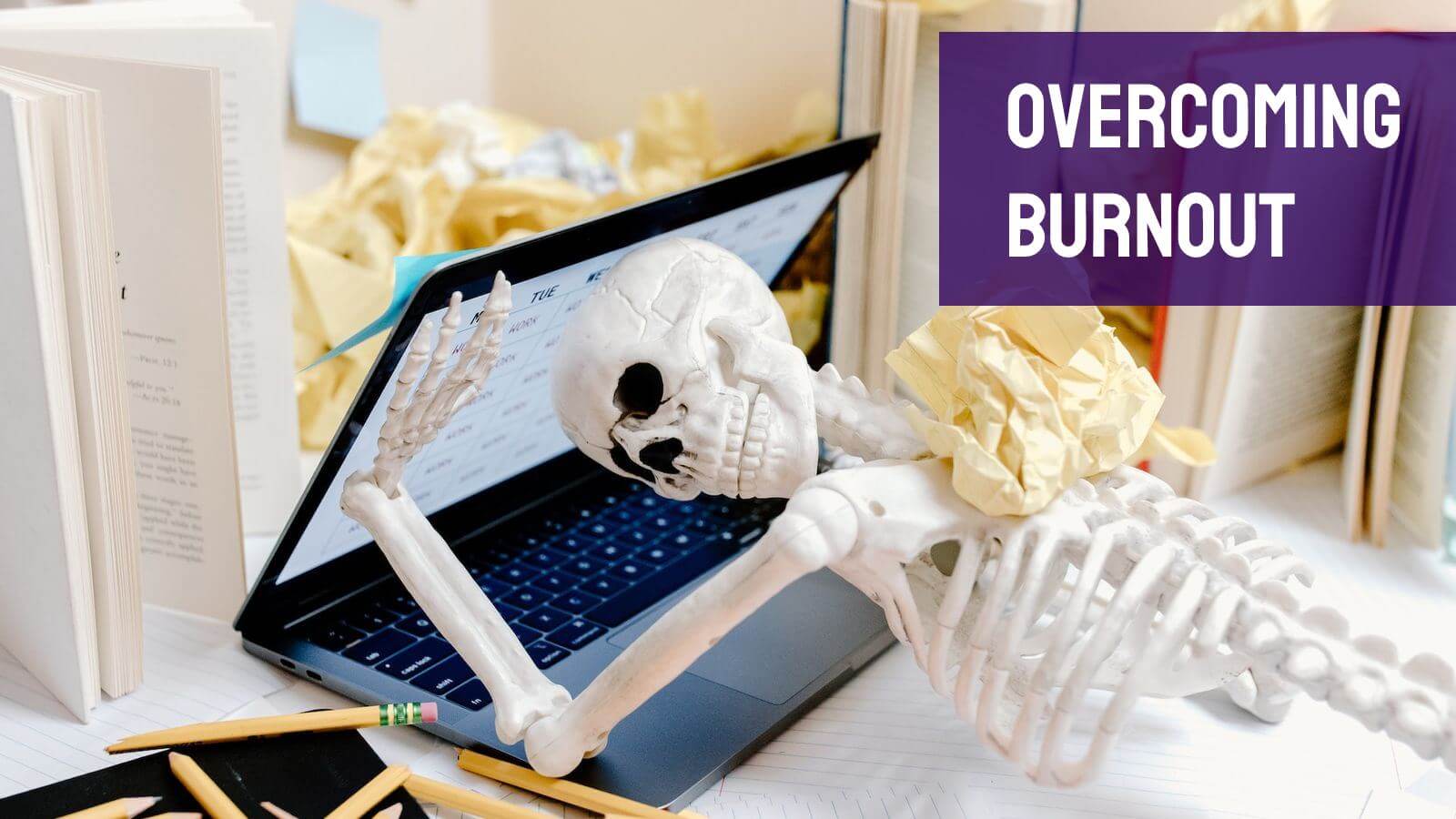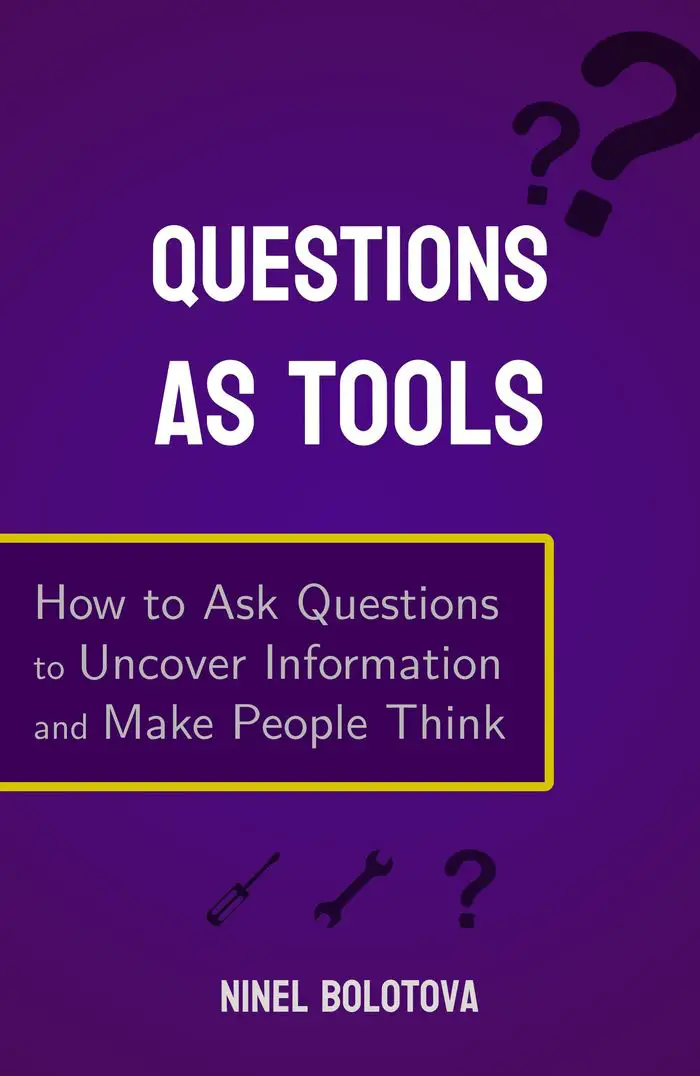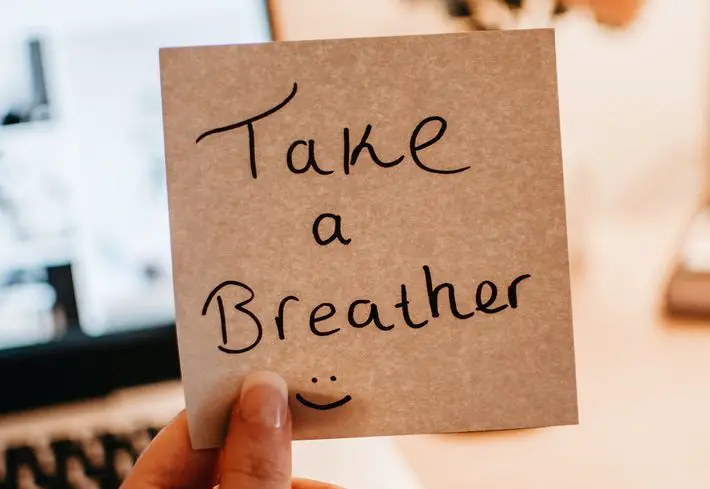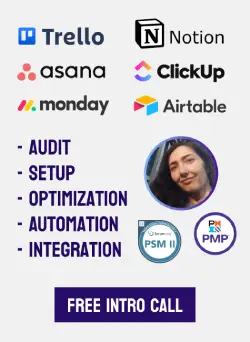Overcoming Burnout & Mental Exhaustion: an Actionable Guide
You’re depleted. You’ve had enough.
There’s barely any fuel left in your energy tank, so you’re squeezing blood out of your veins to keep the car of your life running for another mile.
Does it sound familiar?
In this article, we’ll discuss:
- How to tell if you’re burned out
- Common burnout causes: what’s your primary cause?
- Strategies and tips for dealing with burnout
- How to recover from burnout mentally and physically

photo by @tara-winstead on Pexels
Burnout vs. Stress. vs. Depression: what are the differences?
First of all, let’s figure out what beast you’re dealing with.
Stress is a state of worry and mental tension caused by a difficult situation. Every day, we experience events that cause tension, but the severity of it and how we react to each of the stressors vary greatly from person to person.
Constant stress has a slew of adverse effects on the body, from headaches to heart disorders.
Stress is the basis of other conditions. Burnout is a result of prolonged stress. Depression could be the result of burnout or might occur as a combination of other factors.
Symptoms shared by burnout and depression:
- Physical and mental fatigue.
- Sleep issues.
- Decreased job performance.
- Anxiety and irritability.
However, burnout and depression have some distinct differences.
How to recognize burnout
- When the pressure is off, you feel substantial relief.
- You’re too tired or overwhelmed to do things you want to do.
- Feeling angry at your life circumstances and at yourself for not having the strength to change them.
How to tell if you’re depressed
- Depression can persist even if there are no obvious stress factors.
- You lose any taste for things that brought you joy before.
- Feeling so hopeless, empty and meaningless that it might even come to pondering if it’ll just be easier to end it all.
The strategies described below are aimed at dealing with occupational burnout, not depression – though they are generally beneficial and would improve your quality of life if you implement them.
But if you have symptoms of depression, talk to a health specialist you trust to get a better picture and decide on the treatment to try in your particular situation.
Is burnout syndrome a medical condition?
World Health Organization included burnout syndrome in the International Classification of Diseases as an “occupational phenomenon”. It’s not considered a medical condition.
Burnout at work is characterized by:
- Feeling exhausted and out of energy
- Feeling mentally withdrawn from the job, or being cynical and negative toward the job
- Being less professionally efficient

photo by @n-voitkevich on Pexels
Parental and caregiver burnout
Strictly speaking, burnout is a condition related to one’s professional occupation. The definition of burnout by WHO explicitly highlights that burnout is work-related:
“Burnout refers specifically to phenomena in the occupational context and should not be applied to describe experiences in other areas of life”.
However, isn’t parenting referred to as a “full-time job”?
The exhaustion of being a stressed-out primary caregiver shares the characteristics of work-related burnout.
- Feeling depleted and exhausted
- Being less emotionally invested
- Feeling that you don’t give enough or don’t fulfill your duty as a parent
Professions that involve working with people and taking care of them in some way – like teachers, doctors, or social workers – are especially prone to burnout.
Work burnout and caregiver burnout go hand in hand:
- People overwork and stay at the job they hate because they have a child or a sick person in their care and are afraid of losing their job and means to support them.
- Being stressed and overworked influences the amount and quality of time you invest in the person in your care.
Parental burnout is getting more and more recognized, especially after the COVID-19 pandemic, when people were suddenly left cooped up at home with their kids.
Working remotely from home isn’t everyone’s cup of tea. Having to work from home regardless of their own volition, while nobody in the household could spend time elsewhere since everything is closed due to the quarantine – that depleted the mental reserves of many parents.
I’ll mostly focus on work-related burnout in this article. But you’ll find that most of the causes and solutions could be interpreted for caregiver burnout as well.

Symptoms and causes of burnout at work
We already mentioned the main symptoms of workplace burnout: exhaustion, detachment, and inefficacy.
Workplace burnout is caused by a combination of the following:
- Task overload, stretching yourself too thin.
- Having to make impactful decisions.
- Feeling isolated and lacking support.
- Toxic environment at work or at home.
- Not being recognized for your contributions.
- Not seeing the ultimate value of your work.
- Working overtime or taking up responsibilities without being adequately rewarded or compensated.
- Having to participate in activities that go against your personal ethics.
Unhealthy ways to cope with burnout
Oftentimes, when people are emotionally depleted, they just want to decompress, get a moment of respite and forget about the pressure for a little while.
Each of the following actions might not be so bad if it’s a one-off thing, but when they turn into a habit and become a go-to solution to stress, it becomes a problem.
Unhealthy ways of dealing with stress and burnout include:
- Food, comfort eating
- Alcohol and other substances
- Watching TV or playing video games for hours
- Mindless browsing and social media consumption
Though feels good at the moment, using these or similar strategies is like trying to quench your thirst with salty water.
They might trick your fuel tank indicator to show higher gas levels, but when the activity is over, the reality kicks in, and the tank wasn’t really filled.
Quick wins against burnout: fill your energy tank
What should you be doing instead, then?
You don’t just suffer from burnout as you wait for the effects of long-term strategies to kick in. There are things you can do to get some fuel in your tank right now.
Some examples of “fulfilling” activities that would give a breath of fresh air to your body and mind:
- Creativity: music, drawing, writing.
- Engaging with people you like: meeting friends, talking to like-minded people.
- Engaging your mind: learning languages, doing puzzles, obtaining new skills.
- Fun physical activities: sports, dancing.
You might ask: “When am I supposed to do all of these if I’m overworked?”
You don’t have to spend hours doing these. Dance to one song you like, draw a quick sketch, shoot a message to your friend, or try to build a short sentence in another language.
If you’re low on energy, doing exercise will actually revitalize you.
A few minutes every now and then really add up. You might be surprised how far consistency could take you in less than half a year.
Related: How to improve consistency to live a happier life.

photo by @mikhail-nilov on Pexels
Healthy long-term strategies to deal with burnout
Getting burned out takes time. Your car tank won’t be depleted in just a few minutes of driving. Burnout doesn’t happen overnight, and it won’t be undone by having a nice rest.
If you got so far in this article, it means you’re serious about dealing with your burnout long-term.
This would require a strategic approach and some structural changes to your life.
1. Reduce the physical stressors
Burnout is mostly a mental phenomenon, but our mental state greatly depends on how our body is feeling.
- Are you getting enough sleep? Even a few days of sleep deprivation have noticeable effects on your well-being. Your body needs to heal and restore. Here are some tips to fix your sleep schedule.
- Are your eating habits healthy? Batch-plan the meals beforehand and use other tricks to develop healthy eating habits.
- Is your workplace well-lit and comfortable? Insufficient lighting, an uncomfortable chair, a cramped space, or a cluttered desk make for an unpleasant experience and enhance the influence of other stress factors.
- Do you move enough and exercise? Exercise is great for reducing stress. Being physically active also helps with sleep issues and improves the overall mental state. Some advice on overcoming obstacles to exercise.
2. Set strong boundaries
If there’s a hole in your energy tank, it’ll be depleted no matter how much you pour in.
Make a mental audit of your regular day at work or at home. As the Pareto 80/20 principle suggests, the majority of your negative emotions will stem from a small set of people, responsibilities, and other factors.
These are “black holes” that drain you the most, and sealing them will improve your condition greatly.
For this, you need to be able to say “no” firmly and politely, time and time again.
A major reason for developing strong boundaries is not taking up the tasks you can’t realistically complete without overexerting yourself – or maybe even then. In many of those cases, the person you’ll say “no” to is yourself.
Related: How to set and maintain healthy boundaries at work.
3. Practice delegation
Most likely, you could delegate some tasks and authority at work and get some help from your friends and family at home.
You might be wondering if it contradicts the previous point. Are you crossing other people’s boundaries by giving them tasks that you’re “supposed” to do? Let’s discuss the nuances in a dedicated article on how to delegate to everyone’s benefit.
How to delegate as a parent. The best way is to make your child more autonomous. Openly tell them about the challenges of adulthood, teach them how to use the internet, how to set themselves tasks and be responsible for completing them.
Children understand a lot even before they can talk, so the earlier you start, the better.

photo by @fotios-photos on Pexels
4. Maintain the work-life balance
What is your life-work balance? That’s what you need to figure out by assessing your priorities and aspirations.
You’ll always face trade-offs between working to earn money, spending time studying, enjoying your hobbies, spending time with family, and other important things.
“Finding” life-work balance isn’t enough – it’s a constant balancing act of evaluating priorities and managing time.
Read more about the considerations that go into improving life-work balance.
5. Learn stress management and relaxation techniques
When you’re stressed and someone suggests to “just relax”, it only annoys you even more.
But wouldn’t it be great to actually be able to cool down or even relax at will?
Some ways of managing stress and relaxing:
- Controlled breathing
- Yoga exercises that focus on slow movement
- Wind-down routines and other small routines
- Meditation, mindfulness, inner focus
The more you practice stress relaxation techniques, the easier it gets to achieve the desired effects.
6. Move on to another workplace or career
Your burnout might be an indicator that you’re better off switching jobs or even careers.
It’s not an easy decision. After all, if it were easy to quit and move on to a job that brings the income on the same level as the current one while keeping you emotionally satisfied, you would’ve done it long ago.
Uncertainty is a big concern. What if the new job will end up being worse than your current one? What if you can’t succeed in the career you want to pursue?
You’ll most likely need to learn or improve your professional skills to expand the range of occupations to pursue and to have more of a chance to succeed.
Related: Factors that determine your life success.
How long does it take to recover from burnout?
Like with physical fatigue, once you reduce the pressure and alleviate some stress factors, you’ll start regaining strength.
But even if conditions suddenly turn ideal, it will take some time for your mind and body to readjust – weeks, maybe months.
Some of the factors that influence how long it takes you to recover from burnout:
- Length of the stress that caused burnout. It will take at least half of that time for your nervous system to even out.
- Triggers. If your exhaustion was tangibly linked to specific people or types of activity, being exposed to them prolongs recovery.
- Level of support. If there are people in your life who you can turn to for support and advice – friends, family, a therapist, or your community – it will be easier to deal with and recover from burnout.

 Ninel Bolotova, PMP, is a workflow expert setting up and automating processes in ClickUp, Trello, Notion, Monday and other PM tools. She enjoys challenges related to process setup, automation and optimization.
Ninel Bolotova, PMP, is a workflow expert setting up and automating processes in ClickUp, Trello, Notion, Monday and other PM tools. She enjoys challenges related to process setup, automation and optimization.